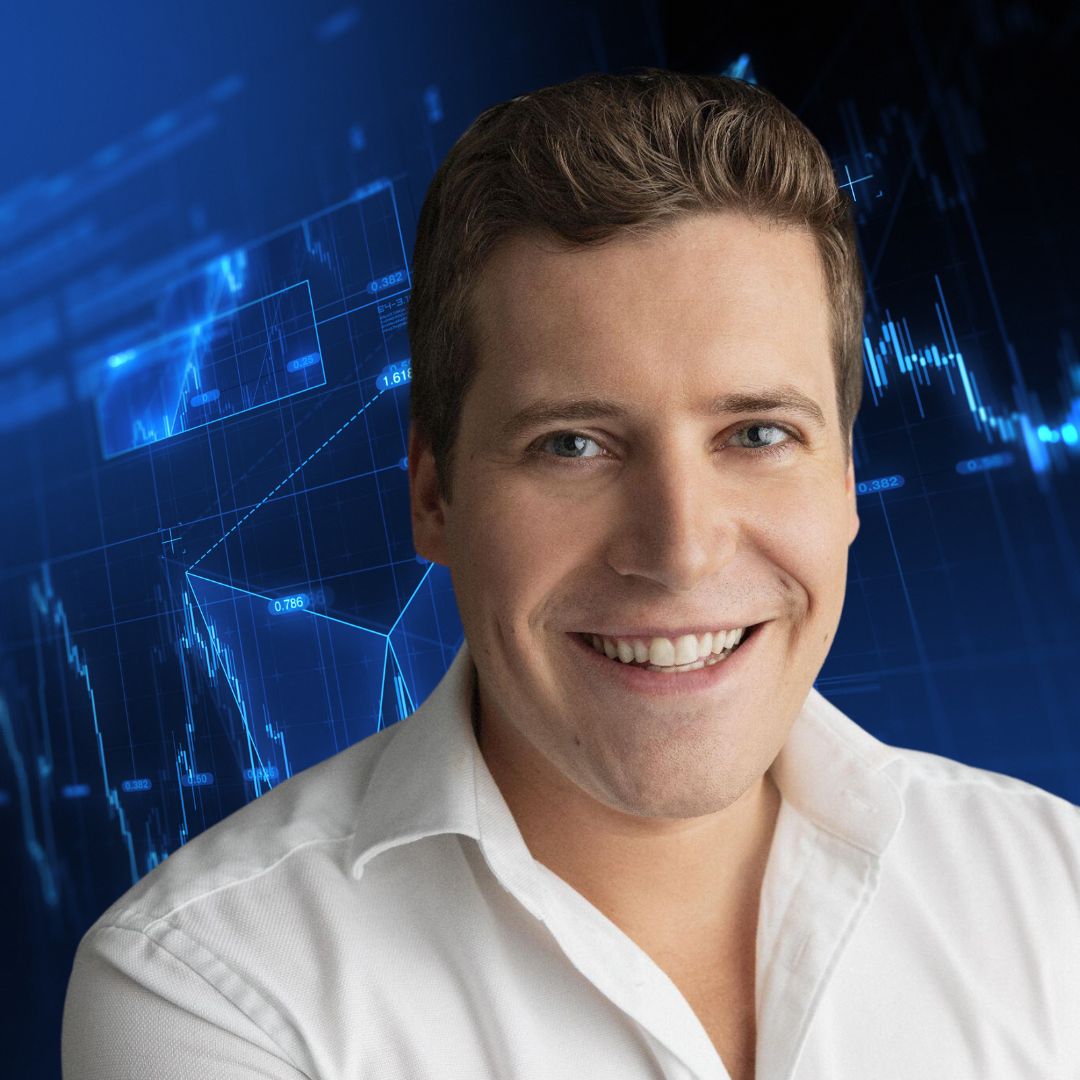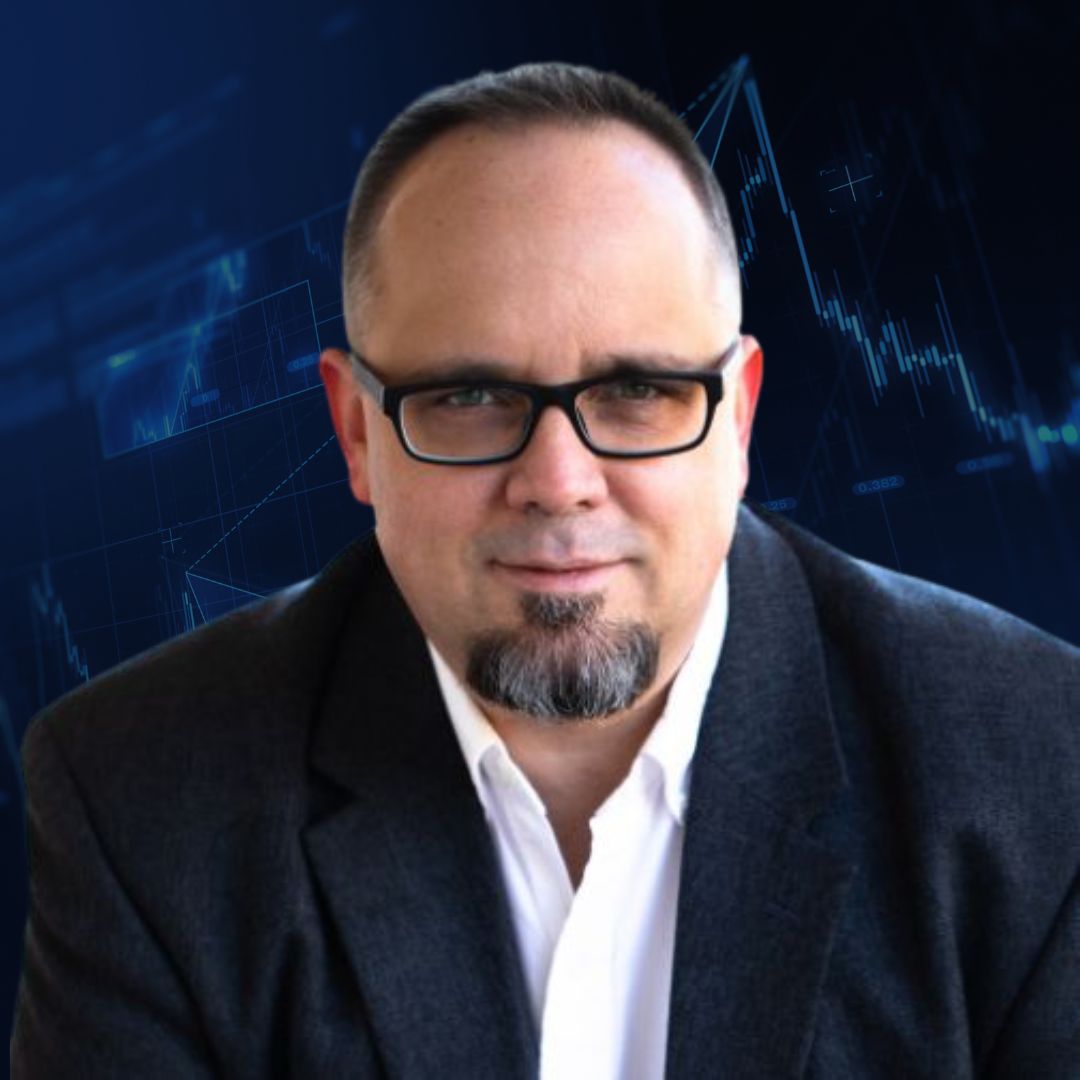Robert Wensley & The Rise and Fall of National Wholesaling: Lessons from Million Dollar Months
In this episode, Robert Wensley discusses the rise and fall of national wholesaling with Brandon. They share success stories, examine the challenges faced by wholesalers, and emphasize the importance of a focused, strategic approach to achieving sustainable growth in the real estate market. Key topics include cash flow management, the benefits of diversifying across markets, and adapting to changing economic conditions.

Robert Wensley, the CEO of Investor Lift, joins Brandon as they take a closer look at the rise and fall of national wholesaling. Together, they examine real-life examples of wholesalers who experienced million-dollar months and discuss the factors that contributed to their success. Additionally, they analyze the challenges that led to the downfall of some national wholesaling ventures, offering valuable lessons and insights for aspiring wholesalers.
Ready to join the big leagues?
Start with a free strategy consultation.




.jpg)





.webp)
